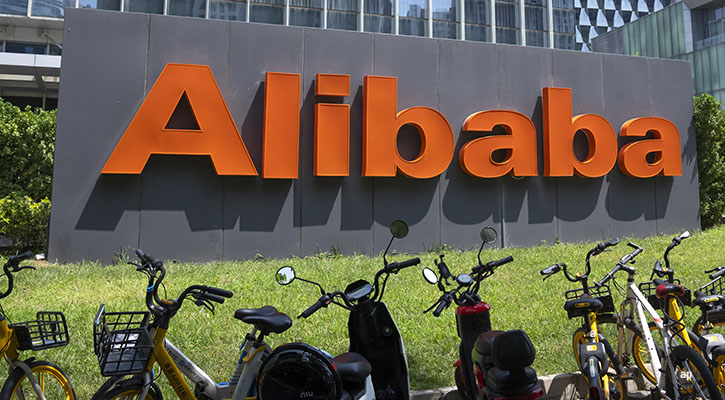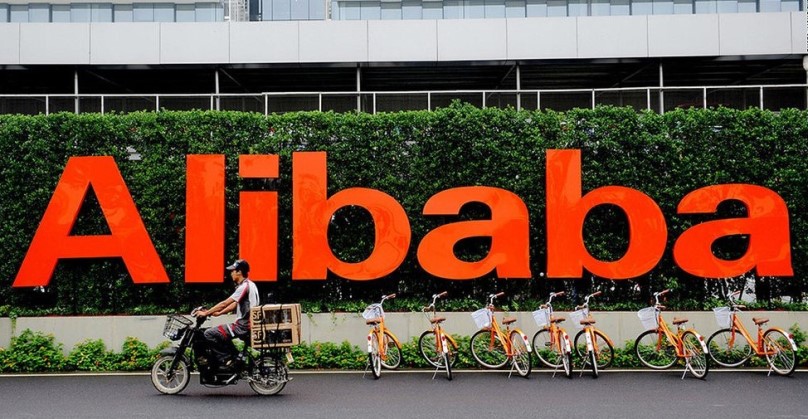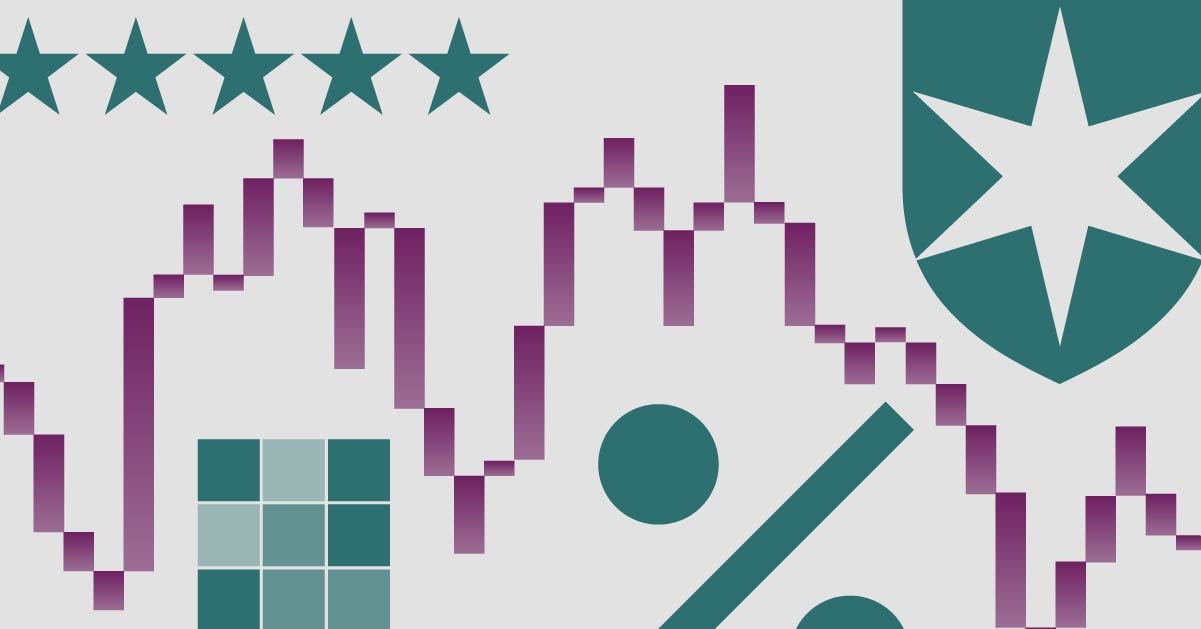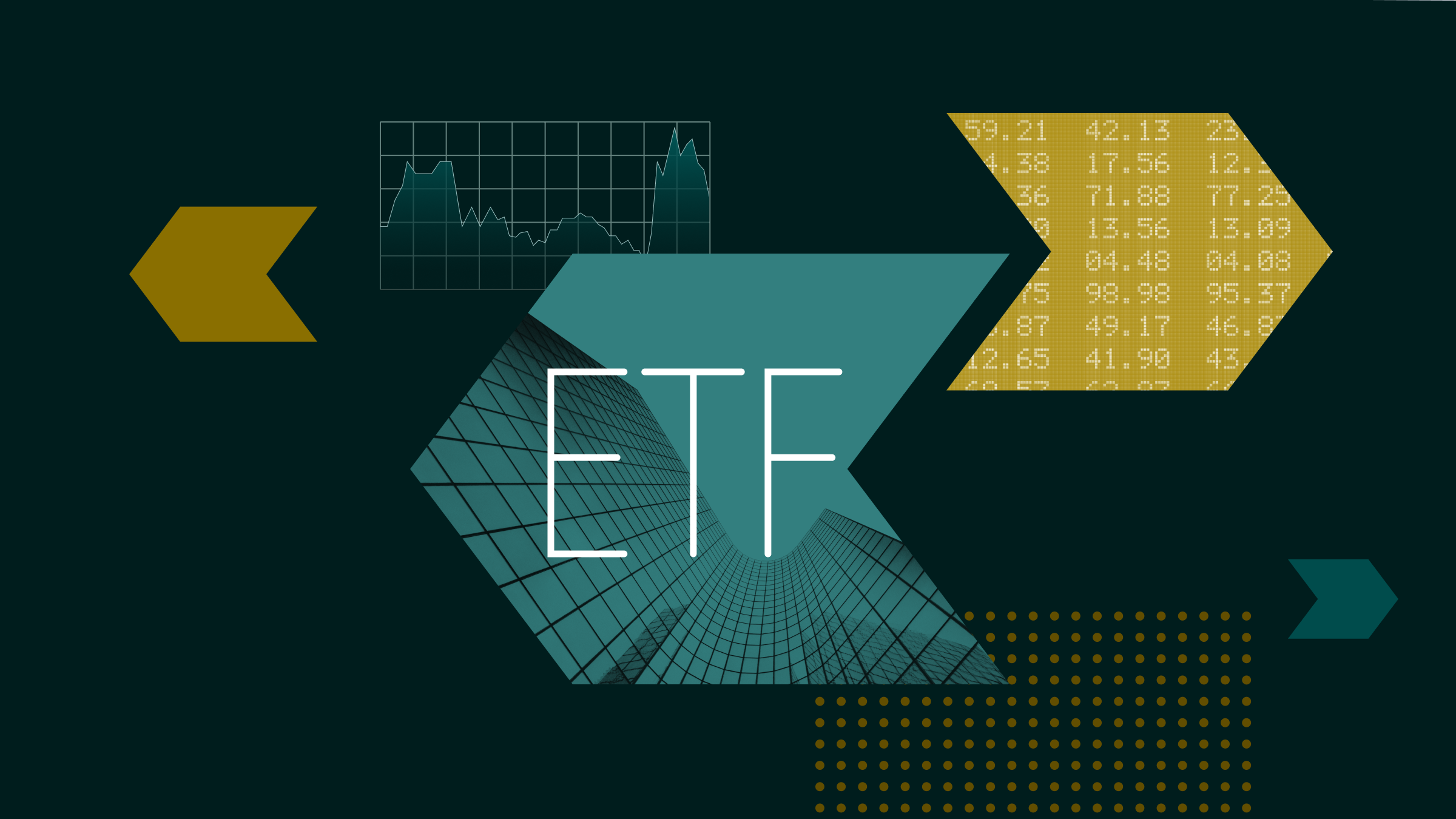
Alibaba (BABA) released its fiscal fourth-quarter earnings report on May 14. Here’s Morningstar’s take on Alibaba’s earnings and stock.
Key Morningstar Metrics for Alibaba Stock
With its 3-star rating, we believe Alibaba’s stock is fairly valued compared with our long-term fair value estimate of $96.
• Fair Value Estimate: $96.00
• Morningstar Rating: 4 stars
• Economic Moat: Wide
• Morningstar Uncertainty Rating: High
What We Thought of Alibaba’s Q4 Earnings
Gross merchandise value in the quarter was up double digits, as the firm puts customers first, increased competitively priced products, and improved shipping experience. Alibaba’s GMV year-on-year growth caught up to China’s online sales of goods growth of 11.6% in the quarter under the new management.
We think the US market selloff of 6% after the results was due to its 5% adjusted EBITA year-on-year decline in the quarter amid higher investments. Adjusted EBITA for the cash cow business Taobao and Tmall Group fell 1% year on year, demonstrating Alibaba’s priority on market share gain over profitability.
Management expects the take rate to increase in the second half of fiscal-year 2025, and customer management revenue growth will eventually catch up with GMV growth after a few quarters. This will be achieved by Alibaba’s gradual introduction of its advertising tool “Site-wide Marketing,” or “Quan Zhan Tui Guang,” as Alibaba follows the successful recipe of PDD Holdings (PDD) in increasing take rate.
Fair Value Estimate for Alibaba Stock
With its 3-star rating, we believe Alibaba’s stock is fairly valued compared with our long-term fair value estimate of $96, or HKD93, per share.
Alibaba’s ratio of China retail marketplace gross merchandise volume to China’s retail sales of consumer goods reduced for the first time in a year, down 100 basis points from our estimate in the year ended March 2023 to 17%. This ratio continued to reduce to 16% on our estimate, and we expect it to go to 14% in a decade. The GMV/online sales of physical goods ratio will decline from 59% in the year ended March 2024 to 46% a decade later, by our estimate. Considering intensive competition to acquire merchants and a shift toward recruiting more small and white-label merchants, we assume monetization of the China retail marketplace to be flattish in the coming decade. The 10-year compound annual growth rate of total revenue is 6%. Our 10-year adjusted EBITA CAGR estimate is 3% because of management’s reiteration of its dedication to defending market share by investing in users, ecosystem, and technology.
Alibaba's Economic Moat Rating
Despite increasing competition, we’re maintaining our wide economic moat rating based on Alibaba’s strong network effect, where the value of the platform to consumers increases with a greater number of sellers and vice versa. Alibaba is monetizing its network effect better than any other e-commerce platform in China. The short video platforms, Douyin and Kuaishou, have not proved they can monetize the physical goods e-commerce market with a durable profit margin, but Alibaba has been profitable for a decade, and we believe it will remain profitable for the next 20 years. In addition, we think that the livestreaming e-commerce that Kuaishou and Douyin offer is a supplement to e-commerce offerings, not a replacement of the mainstream e-commerce platforms. Livestreaming e-commerce tends to satisfy impulsive purchases instead of planned or urgent purchases. The return and refund ratio of livestreaming is high, which we think is inherent in its impulse-purchase nature; this makes it difficult for brands to rely solely on this channel in the long term.
Alibaba's Financial Strength
Alibaba is in sound financial health. As of September 2023, the company had CNY 572 billion in cash and short-term investments on its balance sheet against CNY 166 billion in short- and long-term bank borrowing and unsecured senior notes. We believe the strong cash flow profile of its e-commerce marketplaces offers it the financial flexibility to continue investing in technology infrastructure and cloud, research, marketing, and user experience initiatives. We think the company has the capacity to increase its cash dividend and the size of its shares repurchase program. We expect the company to substantially reduce the pace of acquisitions and focus on selling noncore investments, which will further boost the company’s financial strength.
Risk and Uncertainty
We assign Alibaba a Very High Morningstar Uncertainty Rating. China’s e-commerce landscape has become increasingly competitive, with Pinduoduo registering faster GMV and user growth than Alibaba and JD.com (JD) demonstrating its quality services amid covid-19. Short video platforms and Tencent have also entered the e-commerce sector. Pinduoduo’s number of active buyers in the year ended December 2020 already surpassed that of Alibaba.




























